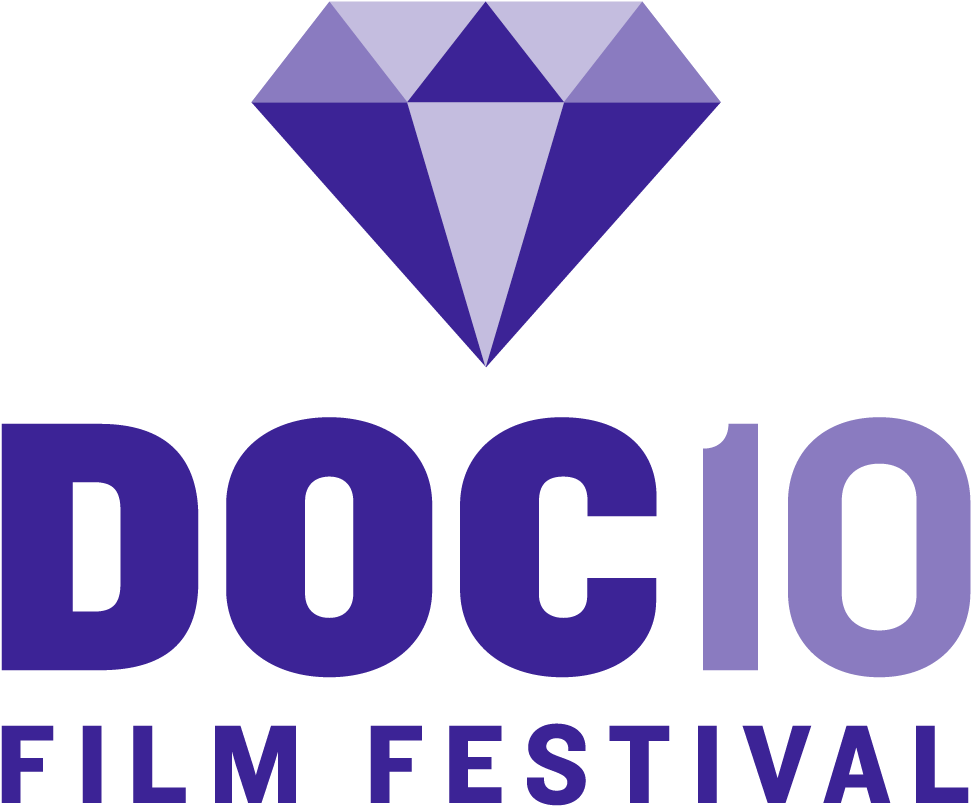“What kind of neighborhood do we want to have?”: 5 Questions with Morgan Neville, director of "Won’t You Be My Neighbor?"
From Oscar-winning director Morgan Neville (20 Feet from Stardom) comes the inspiring story of Fred Rogers, famous for his long-running children’s show Mister Rogers’ Neighborhood. With his gentle voice and heartfelt words of wisdom, Rogers served as a surrogate father for generations of American children tuned in to public television. Won’t You Be My Neighbor?, DOC10’s Opening Night Film, offers a meaningful and moving portrait of Rogers as a kind of unlikely radical, in cardigan sweaters and comfortable shoes, whose message of love, tolerance, and empowering affirmations (“I like you just the way you are”) would put him at the center of our continuing culture wars. Neville, who has also directed such acclaimed films as Best of Enemies: Buckley vs. Vidal, The Music of Strangers, and Keith Richards: Under the Influence, talks to DOC10’s Anthony Kaufman about Mister Rogers and Trump, editing down a life’s work, and the one question he’d ask Fred.
Let’s first address the elephant in the room: This film is obviously about Fred Rogers, but it also appears to be driven by something else: Taking a stand against our current culture’s lack of civility, caring, or compassion. Was this always an integral part of the documentary, or did it become more intensified with the Presidential campaign and the election of 45?
Morgan Neville: We started this film before the 2016 election, but I think it speaks to a cultural direction I’ve been witnessing for years—the disappearance of grown up, civil and moral voices who are looking out for our collective well-being. I don’t really see them much in our politics or our media (Best of Enemies is similar in theme for me). This was really a big reason I wanted to make this film, to be able to have a conversation with people about what we owe each other. What kind of neighborhood do we want to have? The fact that Fred Rogers is the vehicle for those ideas struck me years ago, even though for a long time I thought people would think I was crazy to suggest it.
When hearing about a documentary on “Mister Rogers,” I think there is a knee-jerk reaction among some people that the film is going to or should reveal some dark secrets about him. How did you deal with that?
When I told people I was working on a film about Mr. Rogers, people would usually say “please don’t tell me there’s a horrible dark side.” So many of our “heroes” have been felled by scandal and moral compromise that we have come to expect it. In that way, Fred’s purity of purpose is almost surprising. What we realized early on was that Fred’s battle was less with his own demons (though he did have them), and more with the outside world.
Like a lot of your work, there’s a wonderful assemblage of archival footage mixed in with on-camera interviews. Can you talk about your process of selecting and editing this footage (how much was there?) and the evocative montages that are deployed throughout the film?
I love archival films and this was a perfect one to make. There was a massive amount of material, 900+ shows, tons of 16MM outtakes and other videos, in addition to thousands of photos and a million pieces of correspondence. Fortunately, much of this has been organized meticulously at The Fred Rogers Center since Fred’s passing. It was kind of sitting there, waiting for us to come along. It still took ages to digest with the entire editorial team. The lesson is, you never know where you’re going to find a nugget.
I was curious about your use of animation. It’s used sparingly, but at what point in the process did you decide to use it and why?
I really didn’t want to treat Fred’s childhood in a normal bio doc way, with lots of black and white pictures and shots of the street he grew up on. What I cared about was his state of mind in childhood. For that we decided early on that we needed animation. We realized that Daniel was the perfect avatar for young Fred and we could tell it like a children’s storybook.
You interviewed a lot of people about Mr. Rogers, but of course, you weren’t able to speak with Fred Rogers himself. If you could, what is a question that you would have liked to ask him directly?
I would have loved to have talked to Fred. I have no doubt that if I interviewed him, he would have ended up interviewing me. He was so focused on helping others. I would have asked him, “What part of your life do you keep just for yourself?”.
From Oscar-winning director Morgan Neville (20 Feet from Stardom) comes the inspiring story of Fred Rogers, famous for his long-running children’s show Mister Rogers’ Neighborhood. With his gentle voice and heartfelt words of wisdom, Rogers served as a surrogate father for generations of American children tuned in to public television. Won’t You Be My Neighbor?, DOC10’s Opening Night Film, offers a meaningful and moving portrait of Rogers as a kind of unlikely radical, in cardigan sweaters and comfortable shoes, whose message of love, tolerance, and empowering affirmations (“I like you just the way you are”) would put him at the center of our continuing culture wars. Neville, who has also directed such acclaimed films as Best of Enemies: Buckley vs. Vidal, The Music of Strangers, and Keith Richards: Under the Influence, talks to DOC10’s Anthony Kaufman about Mister Rogers and Trump, editing down a life’s work, and the one question he’d ask Fred.
